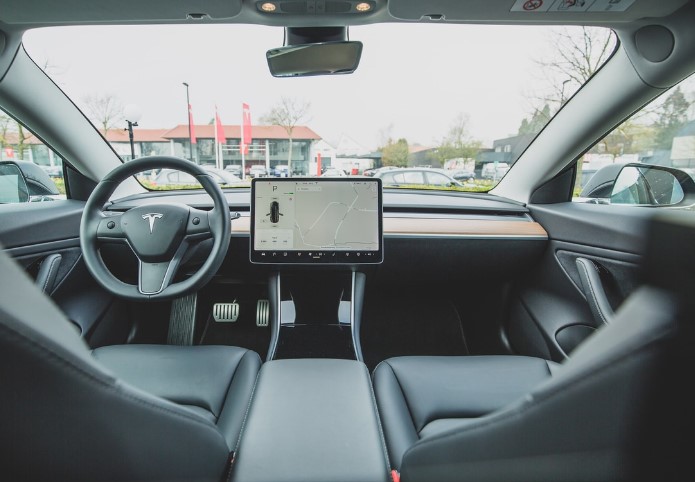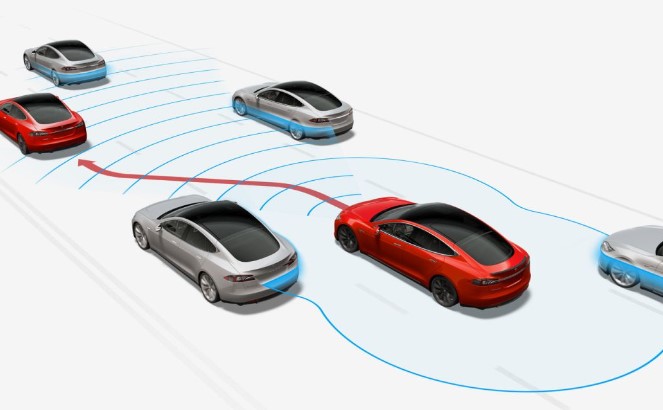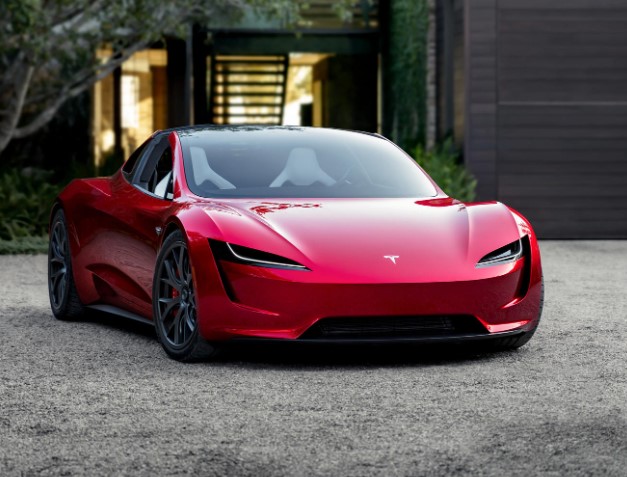As we cruise into a more sustainable and technologically-advanced future, electric vehicles (EVs) are increasingly becoming the choice of modern drivers. At the forefront of this electric revolution is Tesla. With their sleek design, cutting-edge technology, and impressive performance metrics, Tesla cars are undoubtedly making waves in the automotive world. Yet, the burning question for many remains: How does a Tesla compare to other cars available on the market? Let’s shift into gear and delve deeper into this topic.
Performance
It’s an exhilarating experience to press down on a Tesla’s accelerator. The almost instantaneous torque offered by its electric motors is something that traditional internal combustion engine (ICE) cars struggle to match. But, how does Tesla’s performance truly stack up against its competitors?

The Tesla Model S Plaid, for instance, claims the crown as the fastest production car worldwide. Its staggering 0-60 mph acceleration in a mere 1.99 seconds is the stuff of automotive legends. This makes it faster than many renowned supercars, let alone regular sedans.
When we compare the performance stats of other Tesla variants like the Model 3 Performance or the Model Y Performance, we find that they consistently outperform many ICE cars in their respective segments. Consider the Model 3 Performance: it outpaces stalwarts like the Porsche 911 Carrera S and the BMW M3. Such performance credentials are making many traditional car enthusiasts take a second look at what Tesla has to offer.
While performance metrics aren’t the only measure of a car’s worth, it’s undeniable that in this department, Tesla often leaves its competition in the dust.
Range
Range anxiety, the fear that an electric vehicle doesn’t have enough juice to reach its destination, is a significant concern for potential EV buyers. However, Tesla has been at the forefront of quelling such anxieties by consistently pushing the boundaries of battery technology and efficiency.
For many, the gold standard in EV range is the Tesla Model S Long Range, boasting an EPA-estimated range of 405 miles. No other electric car currently on the market comes close to this figure. This not only makes long-distance travel feasible but also reduces the need for frequent charging stops.
To provide a broader perspective, when the Tesla Model 3 Long Range is stacked against other popular EVs like the Nissan Leaf or the Chevrolet Bolt EV, the difference in range is substantial. Often, Tesla’s offerings provide almost double the range of its competitors, further solidifying its position as a market leader in this arena.
Price
Pricing is where the comparison gets a tad more intricate. Undoubtedly, Tesla’s technological advancements, superior performance, and range come at a premium.
Starting with the Tesla Model 3, which has a base price of $46,990, it’s evident that it’s priced higher than many gasoline-powered counterparts such as the Honda Civic or Toyota Corolla. However, it’s crucial to view this pricing disparity through the lens of what Tesla offers in terms of performance, range, and features.

While Tesla’s pricing might be on the steeper side for some, it’s essential to consider the long-term cost benefits. Electric vehicles often have lower maintenance costs and benefit from various incentives and tax breaks. Additionally, the cost of electricity for charging, in many regions, is considerably lower than gasoline, leading to significant savings over the car’s lifespan.
Features
When considering what makes a car truly stand out, its features often come to the forefront. Tesla is not just an automaker; it’s a tech company on wheels, and this becomes evident when you look at the plethora of advanced features that their vehicles come equipped with.
One of Tesla’s most touted features is Autopilot. This advanced driver-assistance system is a precursor to fully autonomous driving. With the capability to steer, accelerate, and brake autonomously under specific conditions, it’s a feature that’s unmatched in its sophistication by most competitors. And with continuous over-the-air software updates, the capabilities of Autopilot keep expanding.

The interior of a Tesla is strikingly minimalist, with most of the car’s functions controlled via a central touchscreen infotainment system. This isn’t just any infotainment system; it’s a highly intuitive, constantly updating interface that offers everything from real-time traffic updates to an array of entertainment options.
When you compare the tech quotient of Tesla to other cars in its segment, there’s a clear disparity. While many automakers are catching up, the integration, user experience, and forward-thinking design Tesla offers are currently unparalleled.
Pros and Cons of Tesla Cars
Every car, no matter how advanced or popular, comes with its set of advantages and disadvantages. Here’s a concise list of what to expect from a Tesla:
Pros:
- Superior Performance: As highlighted, Tesla’s electric motors offer an exhilarating driving experience, often outclassing competitors.
- Excellent Range: For those skeptical about the viability of EVs for long journeys, Tesla’s industry-leading range addresses those concerns head-on.
- Advanced Features: With features like Autopilot and a cutting-edge infotainment system, Tesla is as much a tech marvel as it is an automobile.
- Supercharger Network: Tesla’s proprietary charging network ensures quick charging, making long-distance travel more convenient.
- Over-the-Air Software Updates: Just like updating software on a smartphone, Tesla cars receive frequent updates, enhancing features and fixing potential issues.
Cons:
- Pricing: While Teslas offer value for their price, the initial investment is higher than many gasoline-powered vehicles.
- Build Quality Issues: Some users have reported inconsistencies in build quality, especially in early production models.
- Long Wait Times: Due to high demand, there can sometimes be extended wait times for delivery of new cars.
Is a Tesla Right for You?
Choosing a car is a highly personal decision, influenced by various factors like budget, requirements, and personal preferences. Tesla undeniably offers an impressive package of performance, technology, and sustainability. However, it’s essential to consider the total cost of ownership, which includes the purchase price, potential savings on fuel and maintenance, and the value of the features and performance it offers.
If the cutting-edge technology, environmental benefits of driving an EV, and the sheer thrill of acceleration align with your preferences, a Tesla might just be the car for you. On the other hand, if you’re apprehensive about the transition to electric or have strict budget constraints, you might want to explore other options or wait as the electric vehicle market continues to evolve and become more affordable.
Conclusion
In the grand race of automobiles, Tesla has carved out a distinct lane for itself. Offering a blend of performance, tech innovation, and a vision for a sustainable future, Tesla stands out in many regards. However, as with any significant investment, it’s essential to weigh the pros and cons tailored to your specific needs and circumstances.
The electric revolution in the automotive world is just beginning, and while Tesla is currently leading the pack, the landscape is rapidly evolving. Whether you decide to join the Tesla bandwagon or opt for another vehicle, one thing is clear: the future of driving is electric.


